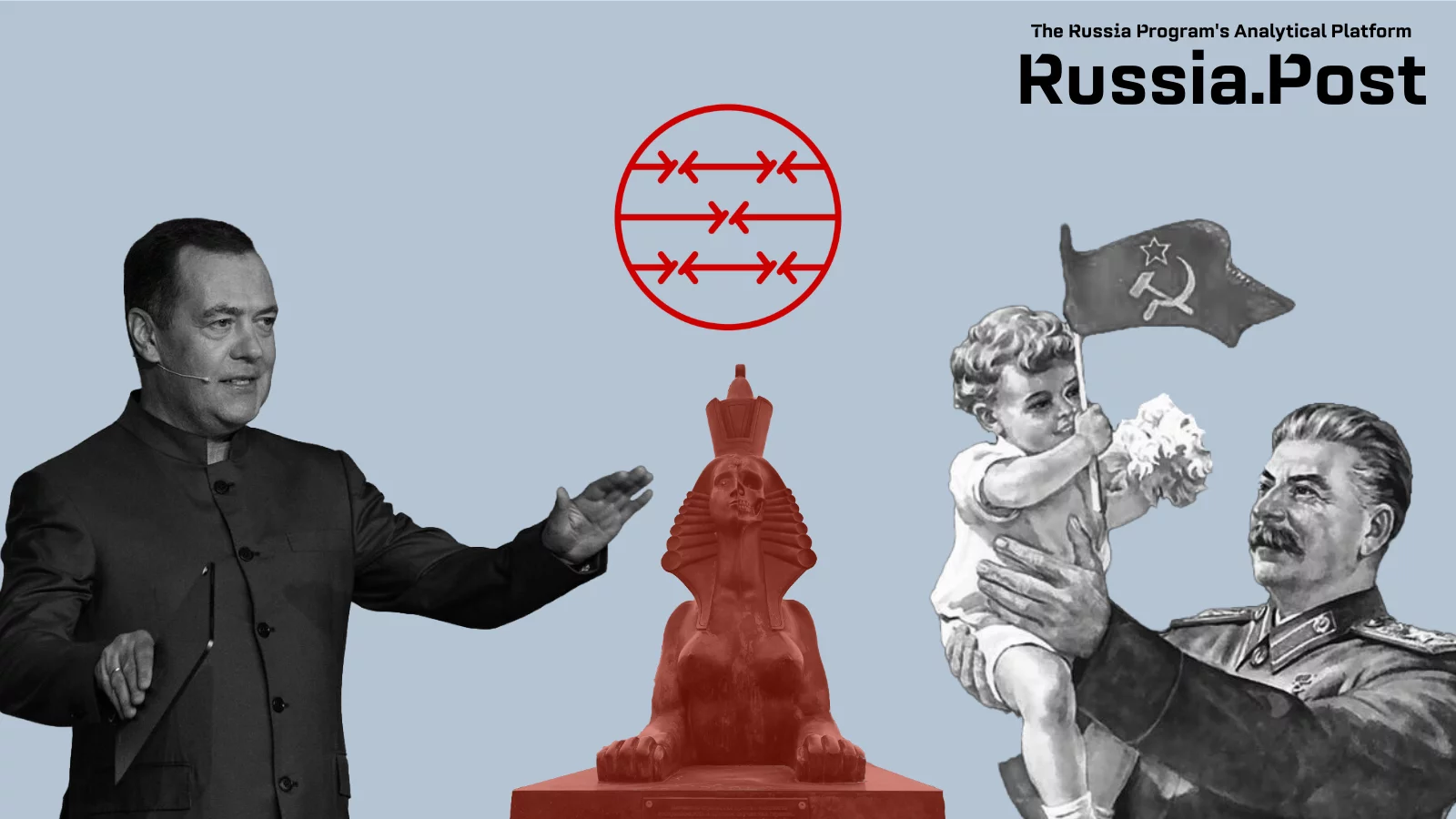Russia’s political landscape has undergone a significant transformation in recent years, characterized by a growing crackdown on dissent and a resurgence of authoritarianism. The Kremlin has employed a range of tactics to silence opposition voices, suppress independent media, and intimidate civil society activists.
Key Tactics of Repression:
- Legal Restrictions: The Russian government has enacted a series of repressive laws that limit freedom of speech, assembly, and association. These laws have been used to prosecute journalists, activists, and opposition politicians, often on spurious charges.
- Surveillance and Intimidation: Security services closely monitor the activities of activists and journalists, using surveillance, intimidation tactics, and targeted arrests to silence dissent.
- Propaganda and Disinformation: State-controlled media disseminates propaganda and disinformation to discredit independent voices and manipulate public opinion. This has made it difficult for civil society organizations to reach the public and counter the government’s narrative.
- Harassment and Persecution: Independent journalists, human rights activists, and opposition politicians have been subjected to harassment, intimidation, and physical attacks. Many have been forced to flee the country or abandon their work.
- Imprisonment of Political Prisoners: A growing number of political prisoners are being held in Russian jails, including prominent opposition figures like Alexei Navalny. These individuals are often subjected to harsh conditions and denied basic human rights.
The Impact on Civil Society
The crackdown on civil society has had a devastating impact on Russia’s democratic development. Independent media outlets have been silenced, and civil society organizations have been forced to operate under increasingly restrictive conditions. This has limited the ability of citizens to hold the government accountable and participate in public life.
International Condemnation and Response
The international community has condemned Russia’s human rights abuses and imposed sanctions on the country. However, these measures have had limited impact on the Kremlin’s repressive policies.
To counter Russia’s authoritarianism, the international community should continue to:
- Impose Targeted Sanctions: Imposing targeted sanctions on individuals responsible for human rights abuses can put pressure on the Russian government.
- Support Independent Media and Civil Society: Providing financial and logistical support to independent media outlets and civil society organizations can help them to continue their work.
- Expose Human Rights Abuses: Documenting and publicizing human rights abuses in Russia can help to raise awareness and mobilize international support.
- Strengthen International Cooperation: Working with other countries to coordinate efforts to counter Russian aggression and promote human rights.
The future of human rights and democracy in Russia remains uncertain. However, by continuing to expose the Kremlin’s repressive tactics and supporting those who fight for freedom and justice, the international community can play a crucial role in shaping Russia’s future.

Leave a Reply